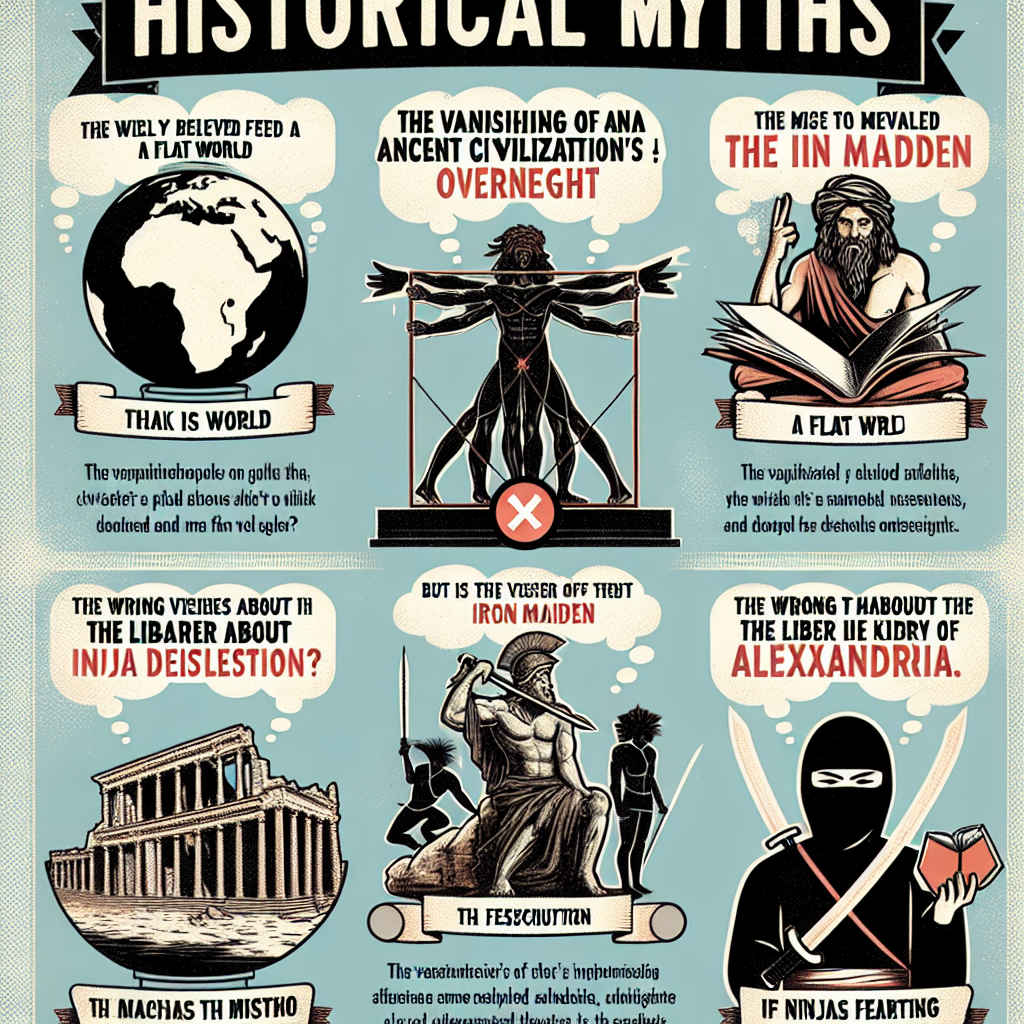Humor, it turns out, is as ancient as civilization itself. While we might think memes, sitcoms, or late-night talk shows represent the pinnacle of human wit, the truth is that people have been making each other laugh for thousands of years. And somewhere, buried in the dust of Mesopotamia, lies what scholars believe to be the world’s oldest recorded joke—a piece of humor that’s nearly 4,000 years old. Its discovery not only gives us a chuckle but also reveals something profound about how humans have always used laughter to connect, criticize, and cope.
The joke in question dates back to around 1900 BCE, written in the ancient Sumerian language on a clay tablet discovered in what is now southern Iraq. The Sumerians were among the first people to develop writing—cuneiform script etched into soft clay—which they used for everything from business transactions to hymns. But amid all those serious records, archaeologists found something unexpected: a joke.
And what was it? Brace yourself—it’s surprisingly earthy:
“Something which has never occurred since time immemorial; a young woman did not fart in her husband’s lap.”
Yes, that’s the oldest known joke in human history. Crude? Certainly. But that’s precisely what makes it so relatable. It’s proof that even four millennia ago, humans had a sense of humor grounded in the realities of everyday life. The joke’s punchline depends on shared social expectations—politeness, marriage, and bodily functions—which means it was funny because it poked fun at what was considered taboo.
Interestingly, the humor reveals much about Sumerian culture. In an era where women’s behavior was tightly regulated and modesty prized, the idea of a woman breaking that decorum was absurd—and hilarious. The joke works not only as a playful observation but also as a subtle commentary on gender roles and domestic life. Scholars often point out that jokes like this one functioned as a social release valve, allowing people to laugh at the rigid norms of their society.
The Sumerians weren’t the only ancient jokesters. Other early examples of humor have been found in Ancient Egypt and Greece, though they came centuries later. The Egyptians recorded witty remarks and satirical poems on papyrus, while the Greeks developed entire comedic plays mocking politicians and philosophers. Yet none of these came before the Sumerian tablet, making it the first written evidence of laughter—a truly remarkable milestone.
Perhaps the most fascinating aspect of this old joke is that it shows continuity in human nature. Humor, in its simplest form, is a reaction to contradiction—an unexpected twist that exposes the ridiculous side of reality. Whether it’s a Sumerian wife, a Shakespearean fool, or a modern stand-up comedian, the impulse is the same: to find lightness in life’s constraints. Even our ancestors, surrounded by temples and ziggurats, taxes and floods, couldn’t resist the urge to giggle.
Archaeologists and historians have since cataloged a few other ancient jokes that followed. A Babylonian tablet from around 1,500 BCE records a kind of riddle-joke: “What is something which no man has seen since time immemorial? A virgin on her wedding day.” Another, from ancient Egypt, tells of a pharaoh annoyed by his subjects’ dullness and ordering them to be entertained with absurd stories. These show that humor wasn’t just for amusement—it was also used for satire, for teaching lessons, or for deflating the egos of kings.
What’s truly delightful is realizing that humor, despite its changing forms, remains universal. The Sumerians may not have had punchlines about social media or politics, but their laughter served the same purpose ours does: bonding through shared imperfection. The world’s oldest joke might seem crude, but it’s also deeply human—a wink from the distant past reminding us that people haven’t changed all that much.
So next time someone cracks a silly joke that makes you groan or laugh uncontrollably, remember: you’re participating in a 4,000-year-old tradition. From clay tablets to Twitter threads, from royal courts to comedy clubs, the human instinct to find humor in life’s awkward moments has never gone out of style. The world’s oldest written joke isn’t just a curiosity—it’s proof that even in ancient Mesopotamia, someone was already laughing at the same basic truths we still recognize today.





